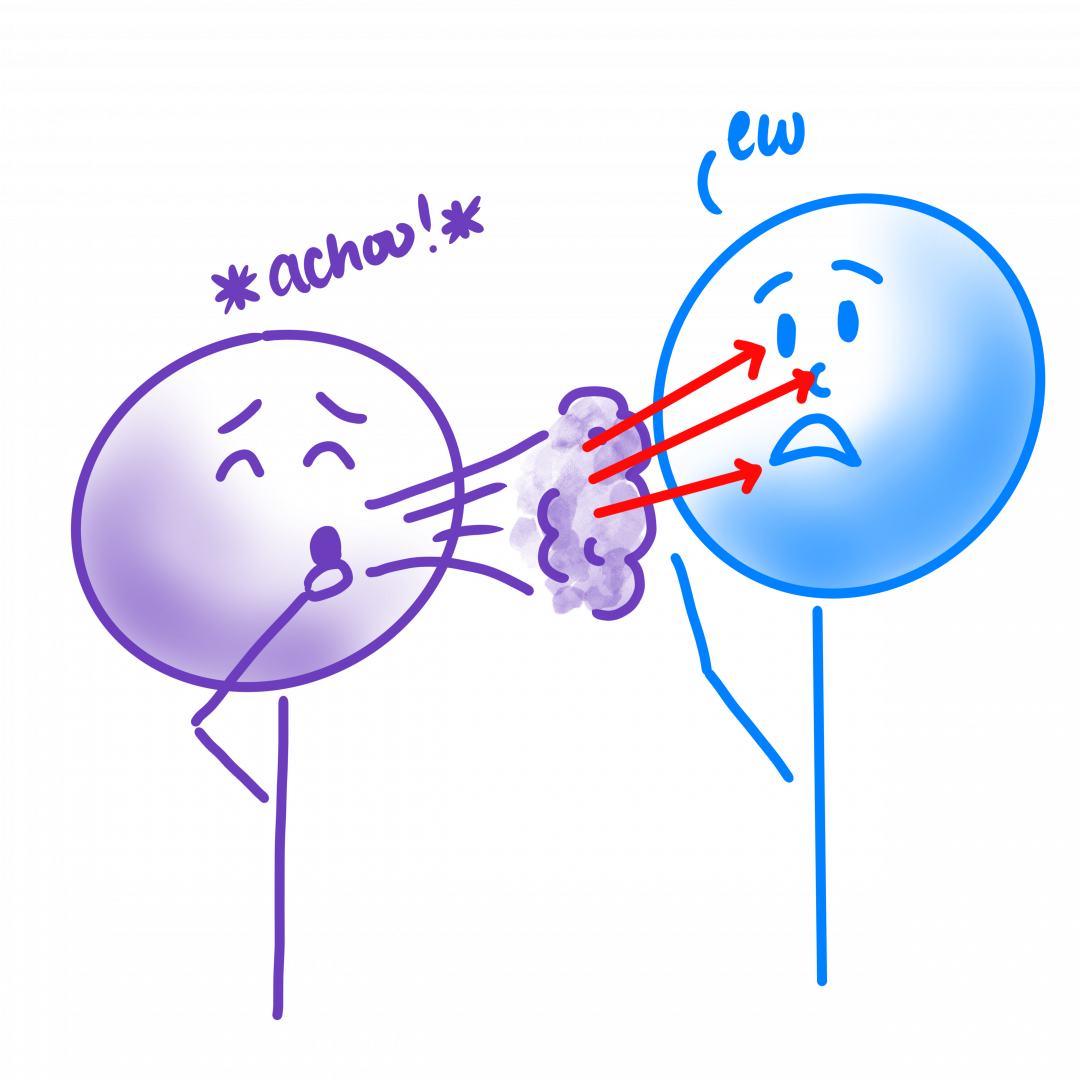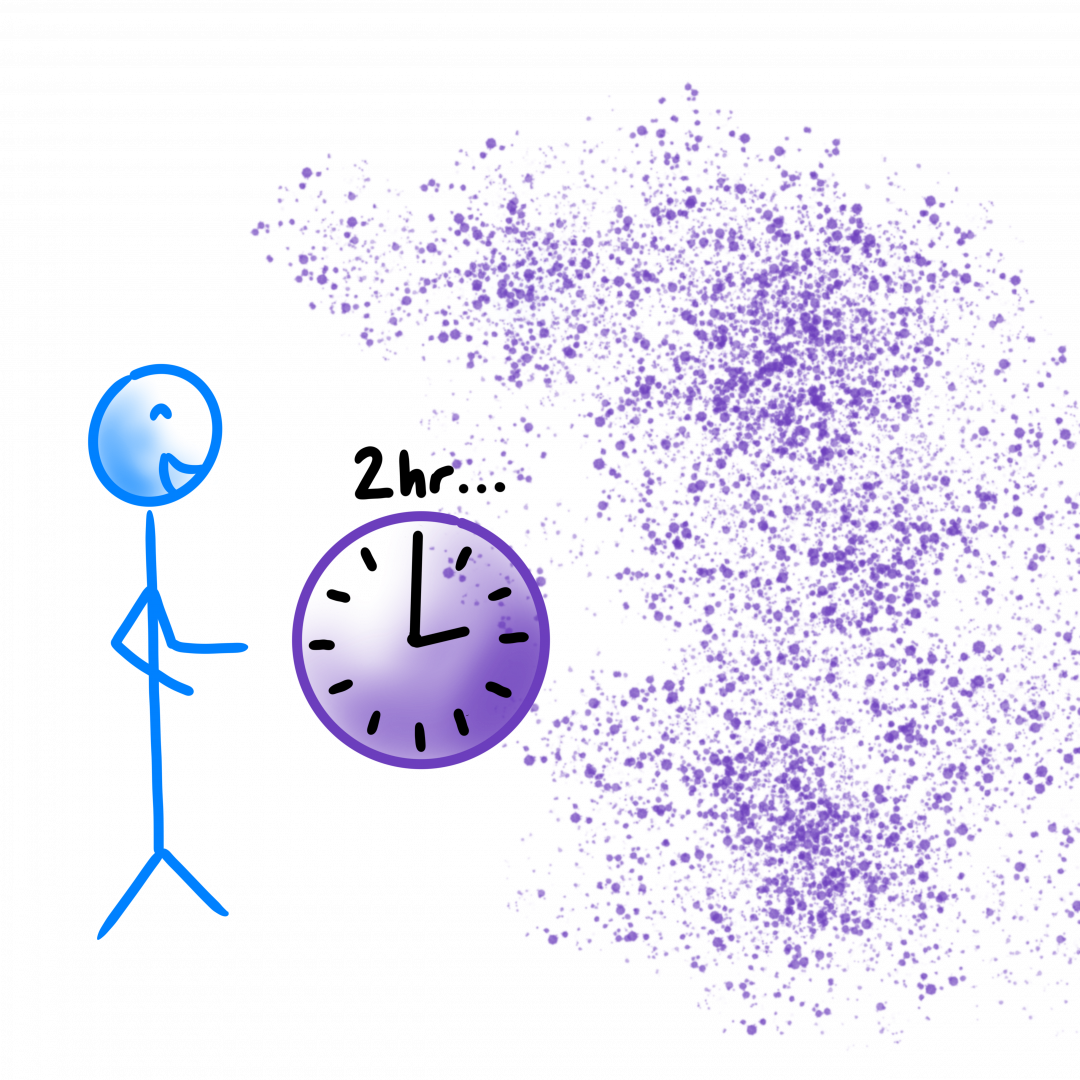
Measles can live up to 2 hours in the air where an infected person has coughed or sneezed.2
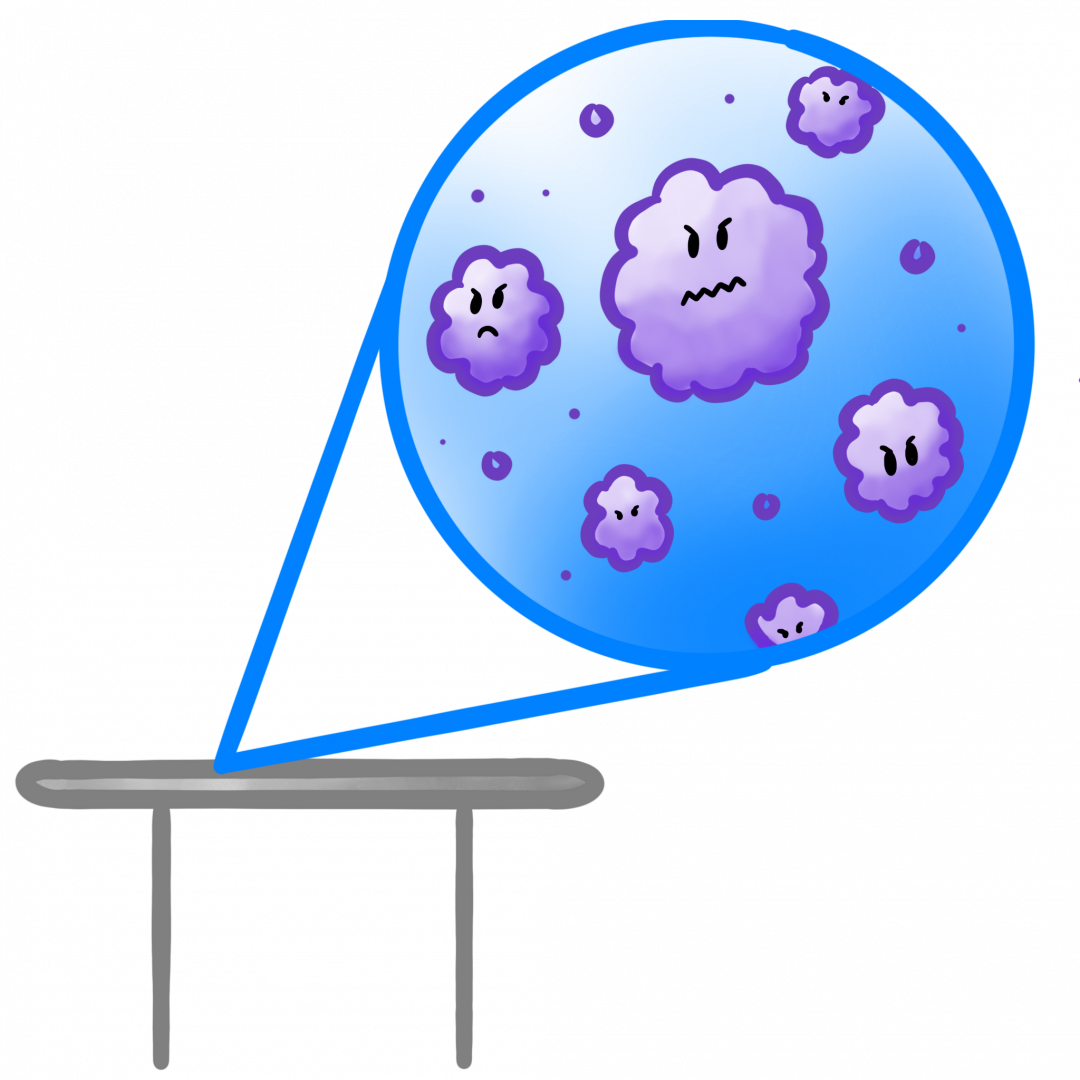
Measles may be spread through surfaces that an infected person has come into contact with.2
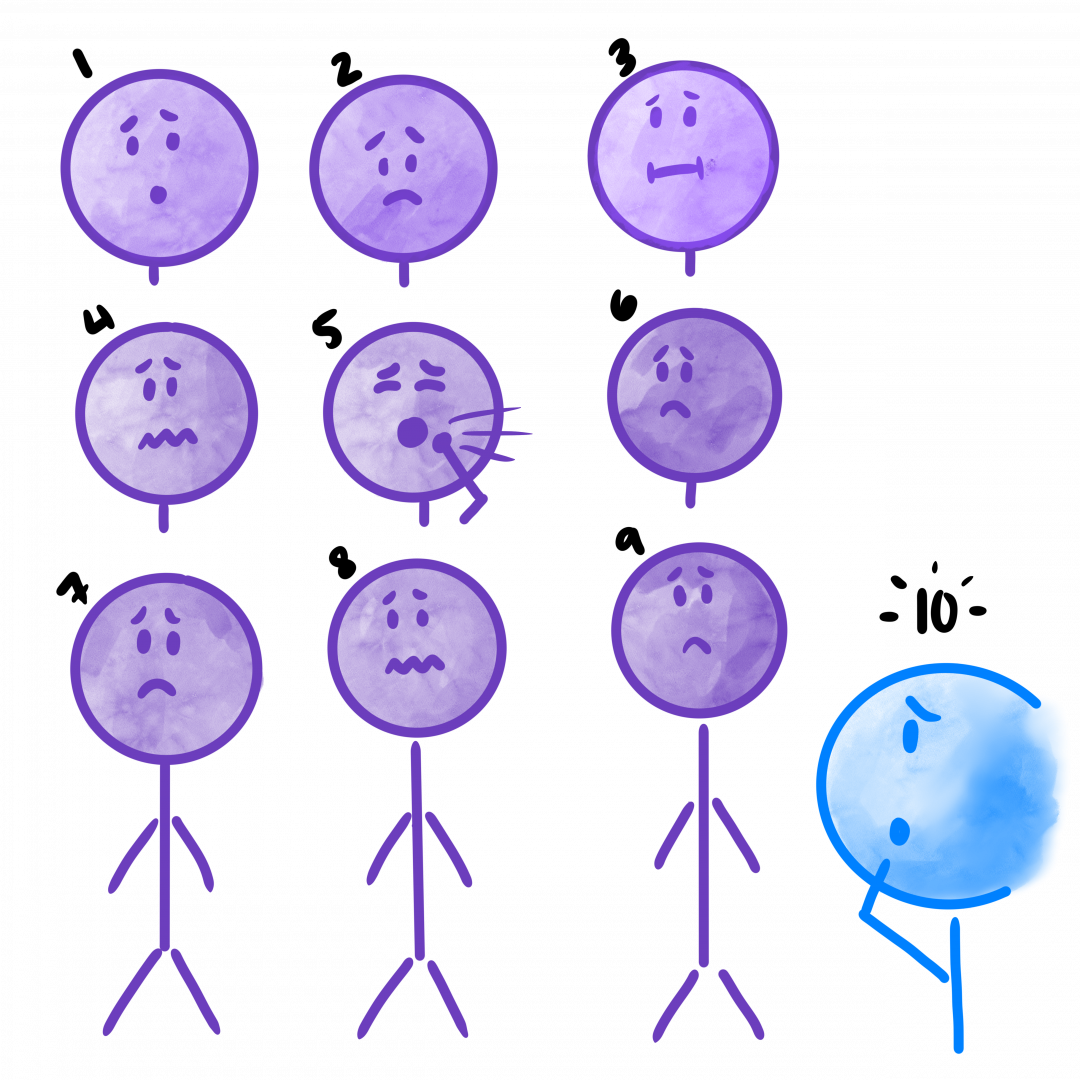
The measles virus is so contagious that an estimated 90% of individuals not immune to measles would become infected with the disease if exposed.2
Symptoms4,5
Measles symptoms may vary in length and severity. 7 to 14 days after initial infection, the following symptoms show:

Conjunctivitis (red, watery eyes)
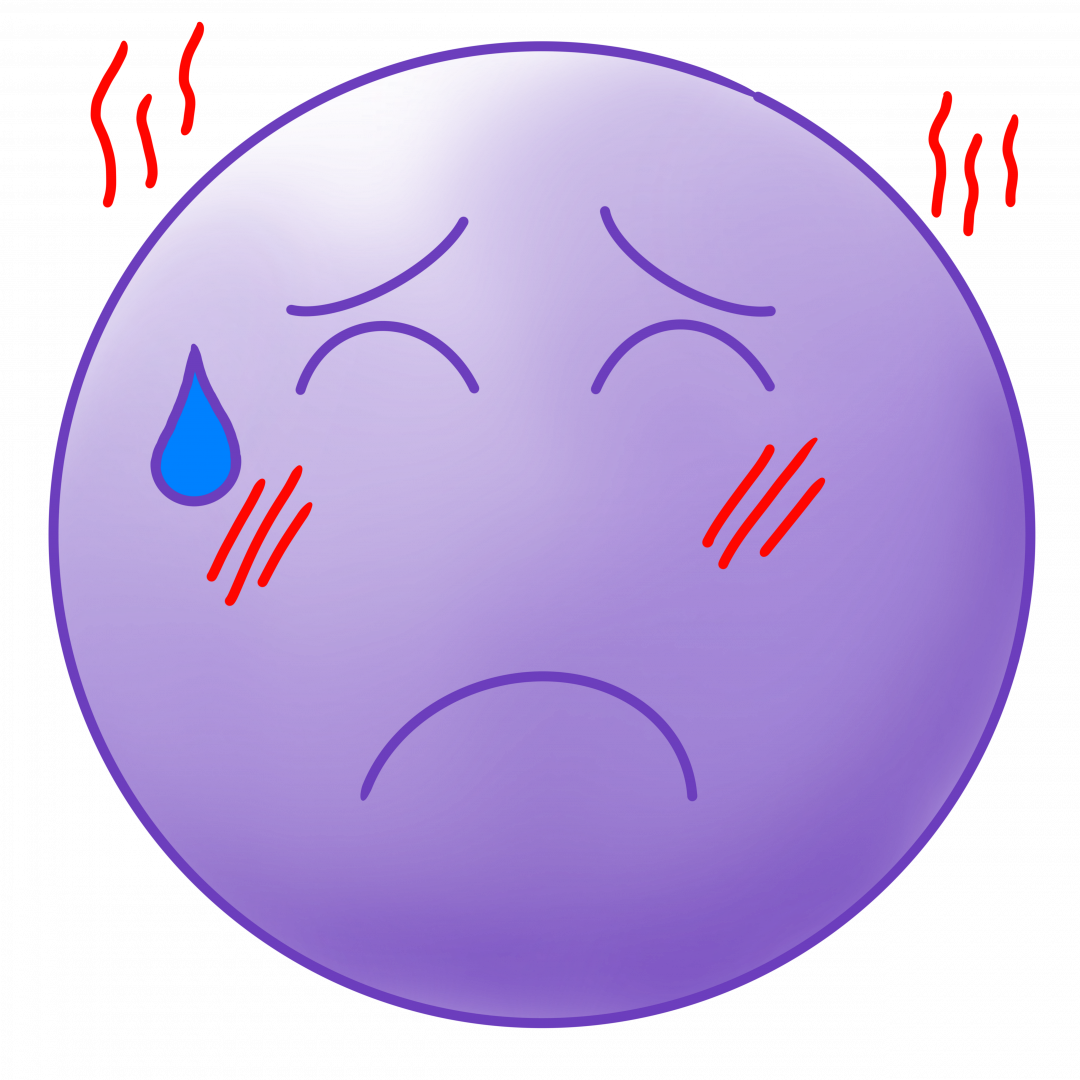
Fever

Cough

Runny Nose
10-19 days after infections (3-5 days after initial symptoms), the stereotypical measles rash appears

Complications5,6
In some cases, measles may result in other complications.
Common Complications:
Diarrhea

Ear Infection
Severe Complications:

Encephalitis

Hospitalization
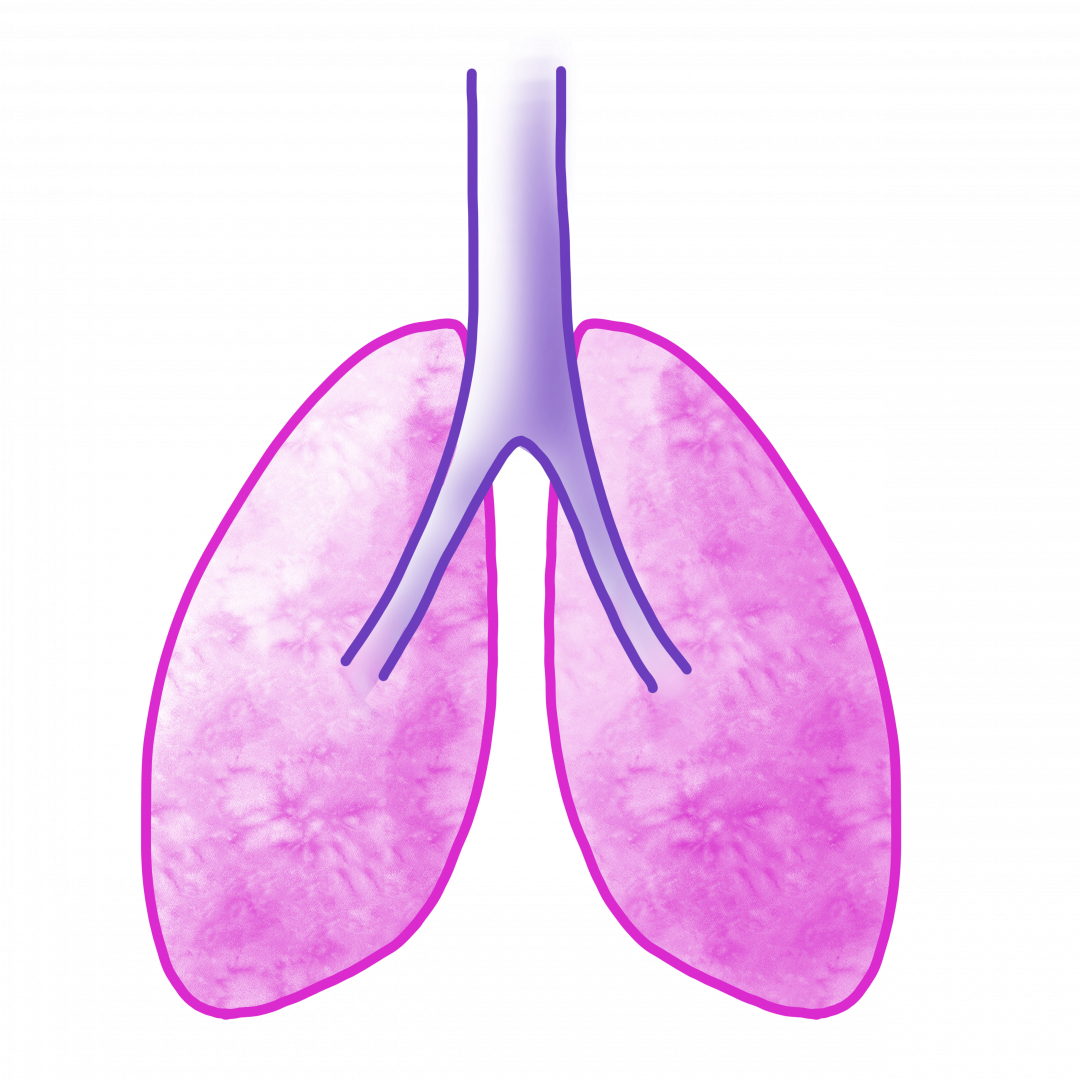
Pneumonia
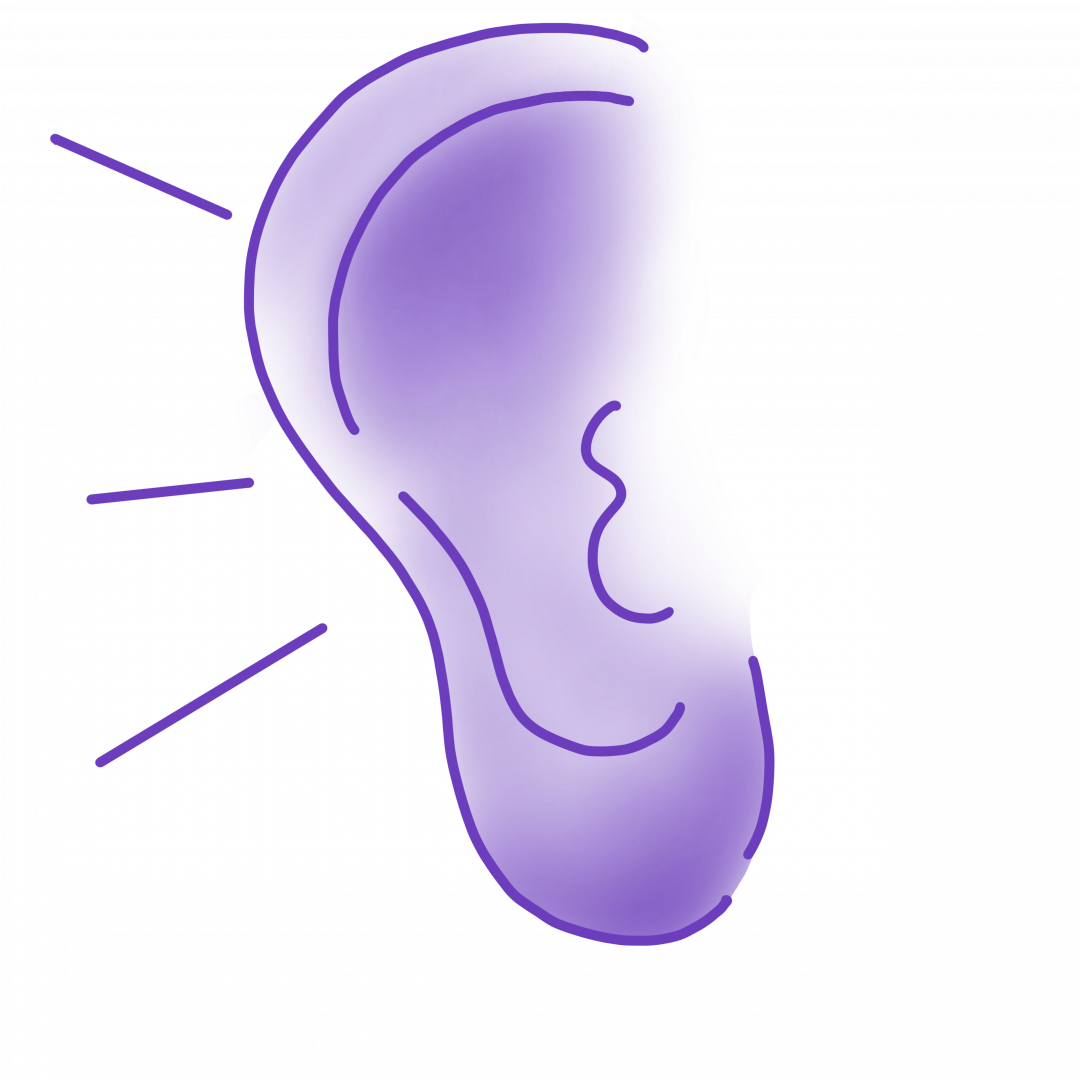
Hearing Loss (associated with ear infections)

Death
10 to 19 days after infection (3-5 days after symptoms start), the stereotypical measels rash breaks out.
MMR Vaccine Safety
The risk of getting measles and the risks associated with the disease are far more severe and frequent than those associated with the MMR vaccine.
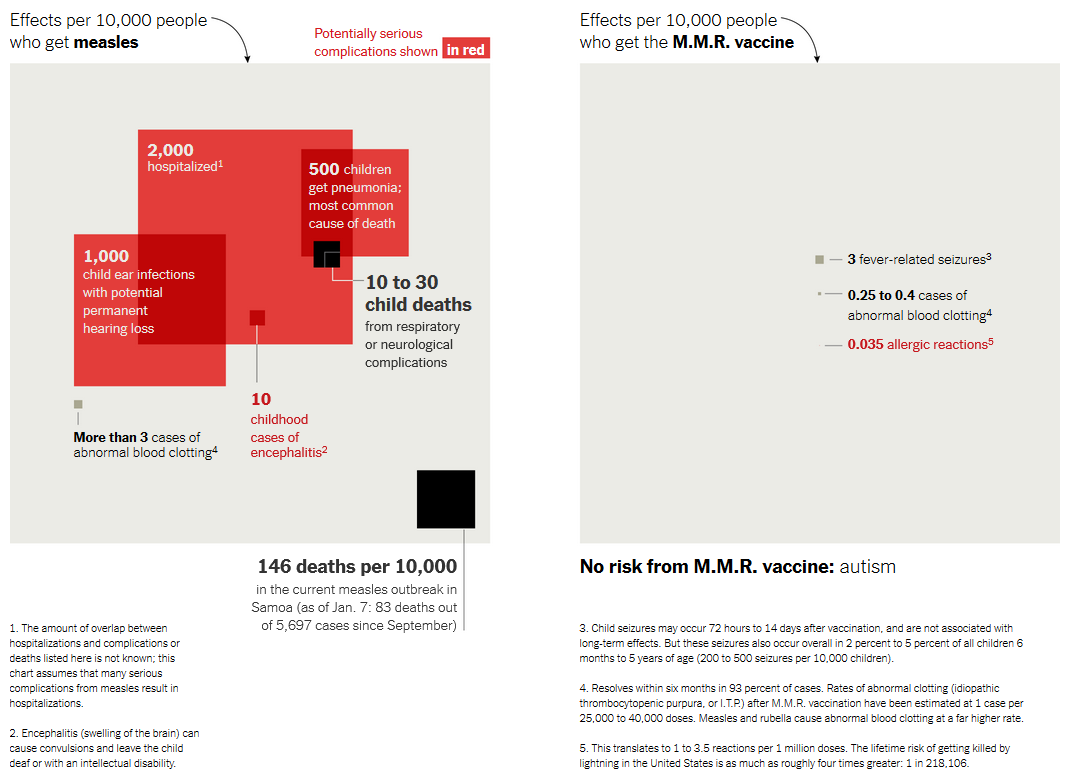
MMR Vaccine Effectiveness1
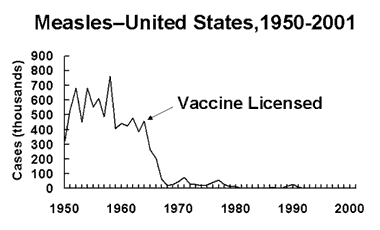
Since the vaccine’s development and deployment in 1963, measles cases in the U.S. have decreased dramatically. The CDC estimates that receiving the recommended 2-doses of MMR vaccine confers 97% effectiveness against the measles virus.
Herd Immunity: How It Works7,8

Communities that have very high rates of vaccination further benefit from herd immunity, conferring increased protection to those unable to receive the vaccination.
MMR Vaccine Schedules9
The CDC recommends two doses for the best protection, however your healthcare provider may give additional recommendations or advice based on any preexisting conditions.

How do I know if I am protected against measles?
Your vaccination records are the best way of knowing if you have been vaccinated. If these records cannot be found, your doctor may perform a blood test. Speak with your doctor if you are unsure about your immune status.
Types of MMR Vaccines10
Currently, two vaccines have been approved for use in the U.S.:
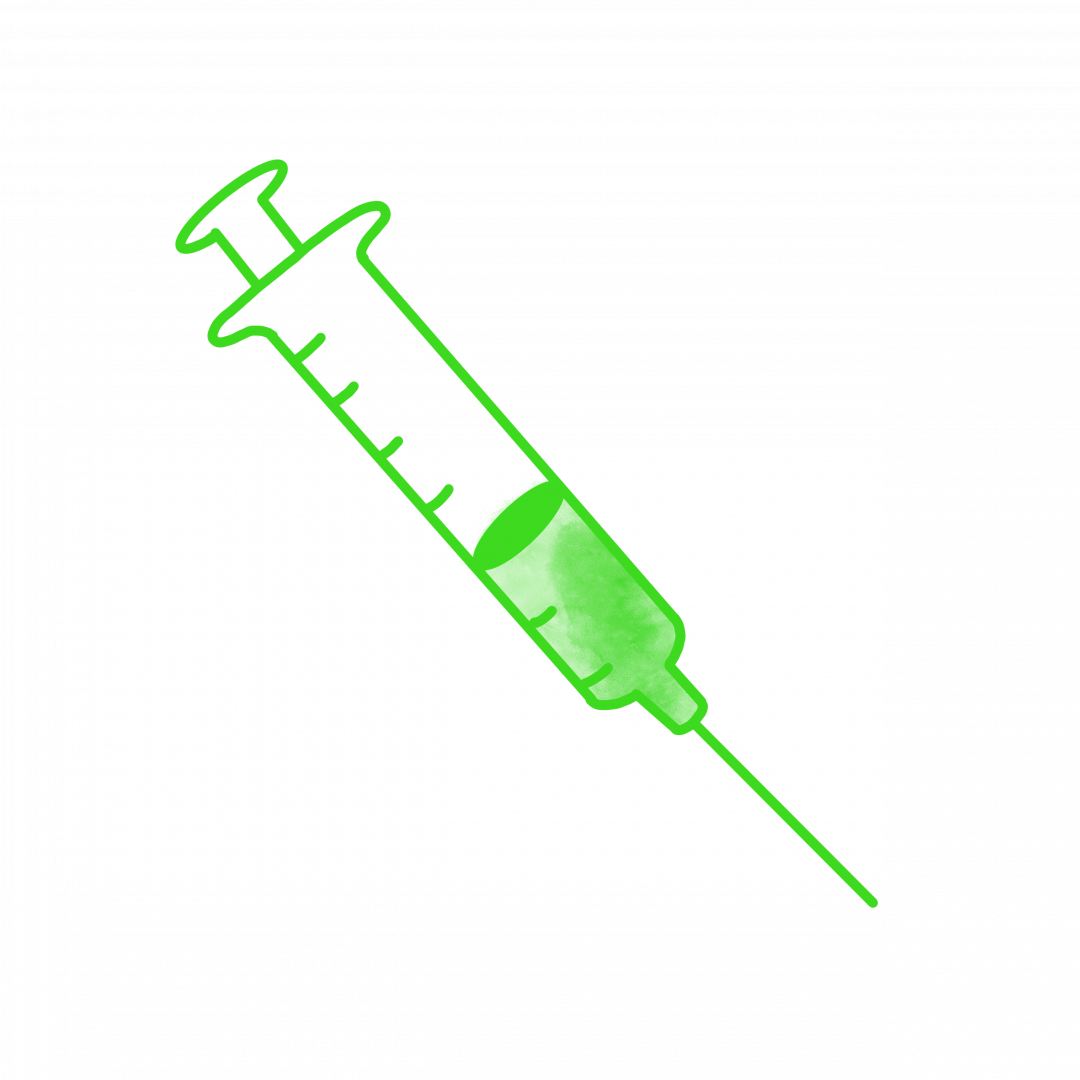
Name: MMR II
Manufacturer: Merck
Protections Conferred: Measles, Mumps, Rubella
Minimum Age: 12 months
Vaccine Safety Insert

Name: Proquad
Manufacturer: Merck
Protections Conferred: Measles, Mumps, Rubella, Varicella
Minimum Age: 12 months
Vaccine Safety Insert
Vaccine Side Effects11,12
In some cases, vaccines may cause side effects. Always speak with your doctor about concerns you may have.
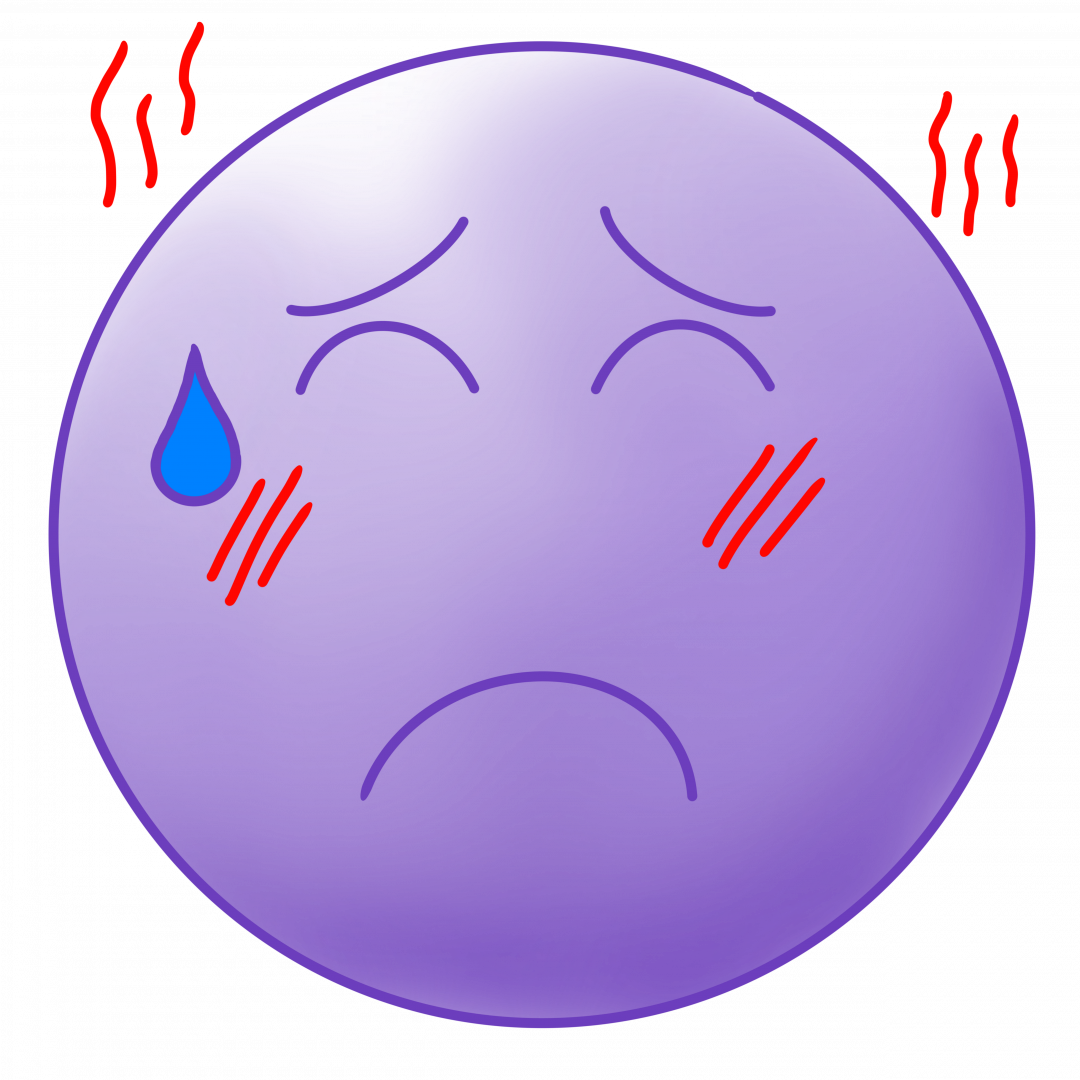
Fever

Injection Site Pain or Soreness

Injection Site Rash or Redness

Joint or Muscle Stiffness
The Bottom Line
Measles can be a serious disease that can have long term consequences. Vaccines are one of the best ways to prevent you and your community from becoming ill.
Sources
1. Measles. Centers for Disease Control and Prevention: Pink Book. https://www.cdc.gov/vaccines/pubs/pinkbook/meas.html. Published 2019. Accessed May 4, 2020.
2. Measles: Transmission. Centers for Disease Control and Prevention. https://www.cdc.gov/measles/transmission.html. Published 2018. Accessed May 11, 2020.
3. Measles: Signs and Symptoms. Centers for Disease Control and Prevention. https://www.cdc.gov/measles/symptoms/signs-symptoms.html. Published 2019. Accessed May 11, 2020.
4. Measles. Mayo Clinic. https://www.mayoclinic.org/diseases-conditions/measles/symptoms-causes/…. Published 2020. Accessed May 11, 2020.
5. Measles: Complications. Centers for Disease Control and Prevention. https://www.cdc.gov/measles/symptoms/complications.html. Published 2019. Accessed May 11, 2020.
6. Complications: Measles. UK National Health Service. https://www.nhs.uk/conditions/measles/complications/. Published 2018. Accessed May 11, 2020.
7. Vaccines Protect Your Community. U.S. Department of Health & Human Services. https://www.vaccines.gov/basics/work/protection. Published 2020. Accessed April 20, 2020.
8. The College of Physicians of Philadelphia. Herd Immunity. The History of Vaccines. https://www.historyofvaccines.org/index.php/content/herd-immunity-0. Accessed May 11, 2020.
9. Child & Adolescent Immunization Schedule. Centers for Disease Control and Prevention. https://www.cdc.gov/vaccines/schedules/hcp/imz/child-adolescent.html. Published 2020. Accessed May 11, 2020.
10. MMR and MMRV Vaccine Composition and Dosage. Centers for Disease Control and Prevention. https://www.cdc.gov/vaccines/vpd/mmr/hcp/about.html. Published 2019. Accessed May 11, 2020.
11. Measles, Mumps, Rubella (MMR) Vaccines: MMR Vaccine Side Effects. Centers for Disease Control and Prevention. https://www.cdc.gov/vaccinesafety/vaccines/mmr-vaccine.html. Published 2020. Accessed May 11, 2020.
12. MMR (measles, mumps and rubella) vaccine. Centers for Disease Control and Prevention. https://www.nhs.uk/conditions/vaccinations/mmr-vaccine/. Published 2020. Accessed May 11, 2020.

